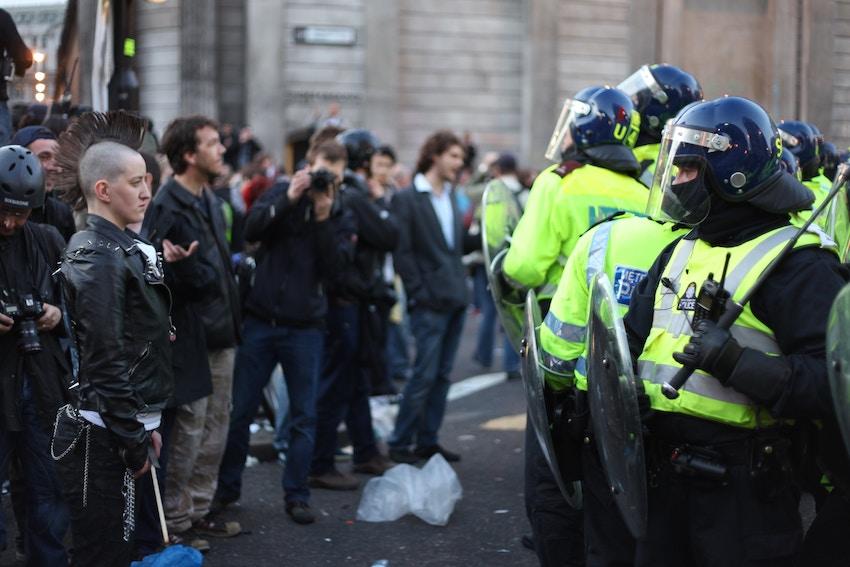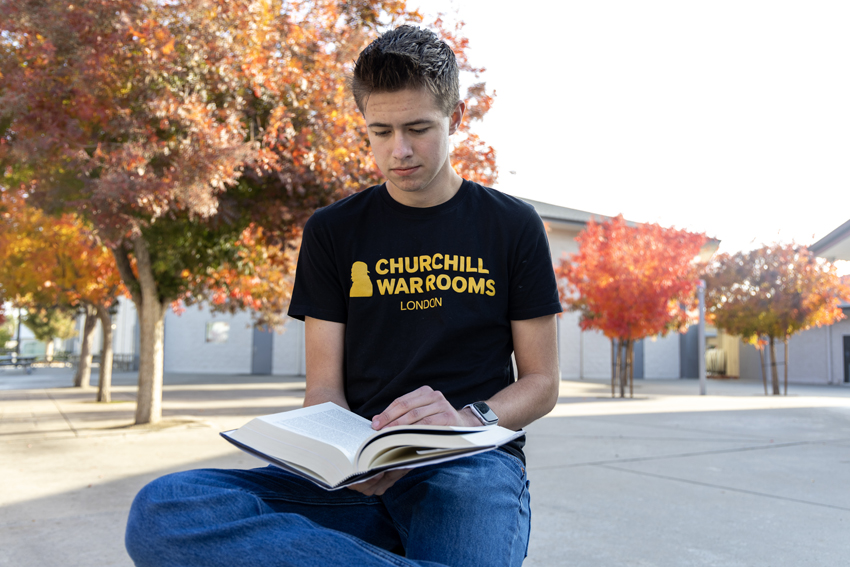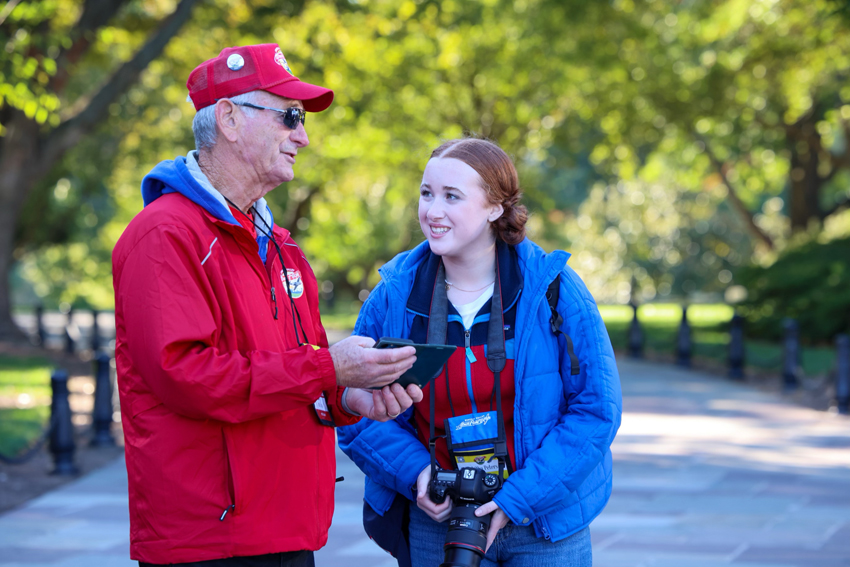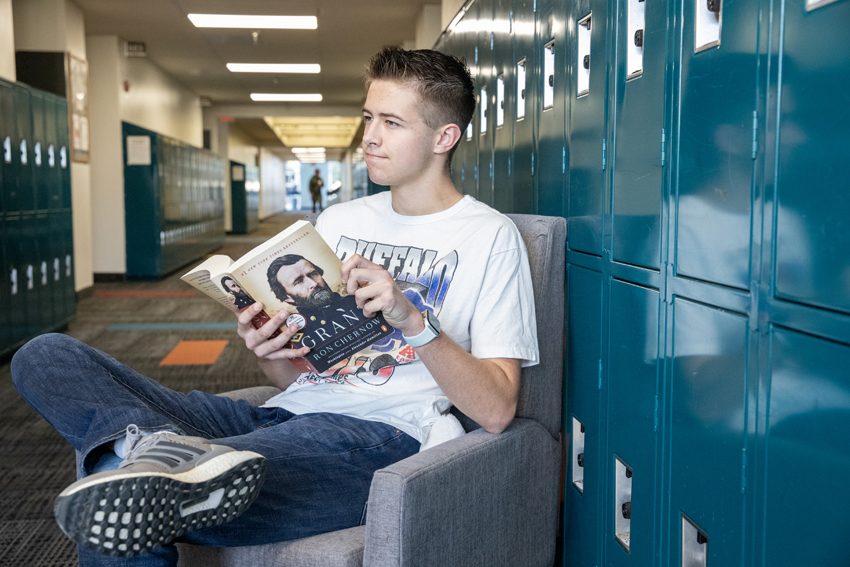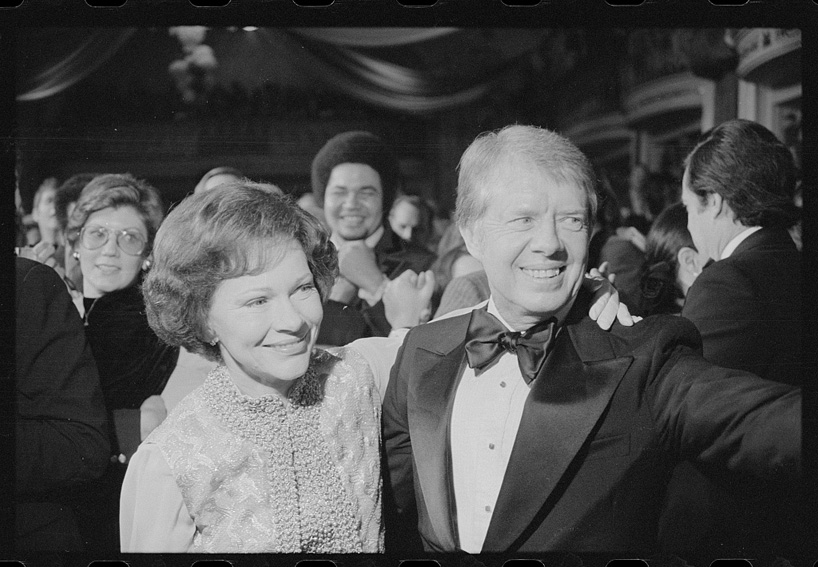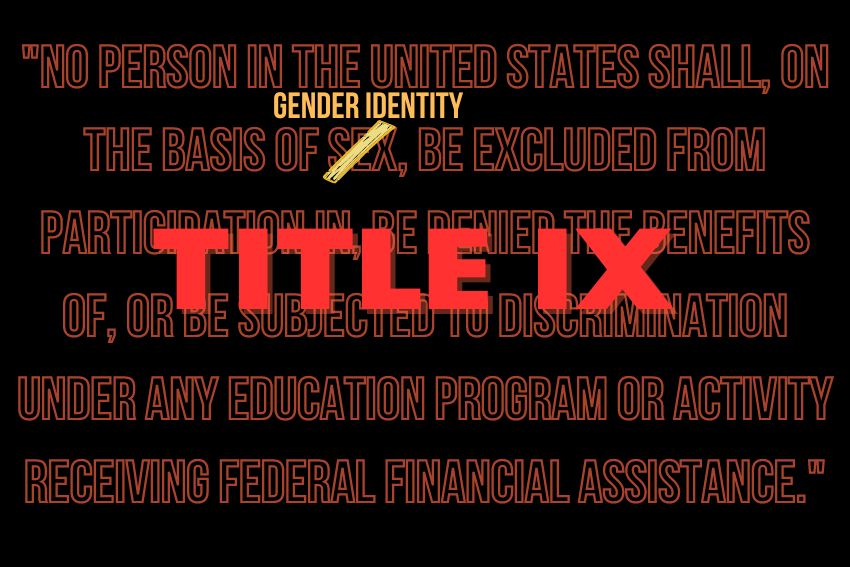Conflict offers opportunities to voice concerns, share perspectives
In the hallways of high school, disagreements and dissension arise from misinterpreted intentions. In the classroom, conflicts come about from opposing perspectives.
In situations where students face discord with another student, they must be able to approach and address the issue in a proper way to de escalate tensions.

On the contrary, some choose to avoid problems and put off dealing with it. Students who avoid conflict find that the issue is never resolved, and often manifests into larger problems later.
Instead of dodging risky confrontations, students need to be able to calmly and eloquently communicate with opposing parties. This confrontation of the issue leads to constructive conversations where both sides begin to understand each other’s perspectives.
Larry Dunn, PH.D in social science, serves as a professor of peacemaking and conflict studies at Fresno Pacific University. He teaches about how to understand, analyze, manage, resolve and transform conflict.
“It’s difficult in our society today, which so values divisiveness and destructive conflict and not difference or diversity,” Dunn said. “Generally I think students, and all of us, should approach conflict with less fear and see it more as an opportunity for growth, learning, deeper relationships, strengthened community and an opportunity to address wrongs or injustice in society.”
“In other words, in spite of that fact that conflict is often experienced as harmful, it can also be good,” Dunn continued. “To resolve conflict constructively, we need a better attitude about conflict and those who disagree with us.”
Coming to understand each other’s perspective on issues de escalates tensions. Often conflict comes about because of miscommunication or contrasting interests.
Professional mediator, Paul Randolph shares insight into dealing with conflict in the following tweet.
I was lucky to count the late Paul Randolph (@PRMediation) as a friend & client. We worked on a number of media pieces until quite recently, showcasing his empathy & expertise in #mediation & #psychology https://t.co/qtj0RyDphs @BoardAgenda @CliveConway @benslee73 @TutuFoundation pic.twitter.com/FSigOOY49A
— MoreFirePR (@MoreFirePR) January 24, 2019
Leaders within each class have the ability to help mediate situations between their classmates as an unbiased third-party.
Dunn believes that conflict resolution is effective in peer-to-peer situations.
“It’s always best when people can resolve conflicts themselves, using their own gifts, abilities, resources,” Dunn said. “Plus, young people are not as stuck in their own way of thinking and doing things as older people can be. Students may need some training, but largely it is up to them.”
The response to conflict and disagreement should not be one of anger or arrogance but one that seeks to resolve issues and mend relationships. This can happen through talking about an issue one on one or bringing in a third-party to mediate a conflict. This builds trust and helps us understand other people’s perspectives.
The next time you encounter an issue with a classmate, speak with them, seek mediation, learn more about their perspective on the conflict and resolve it through constructive conversation.
For more articles, read BREAKING: Winter guard prepares for upcoming show, Jan. 26. For more editorials, read Editorial: Role of student leadership.


